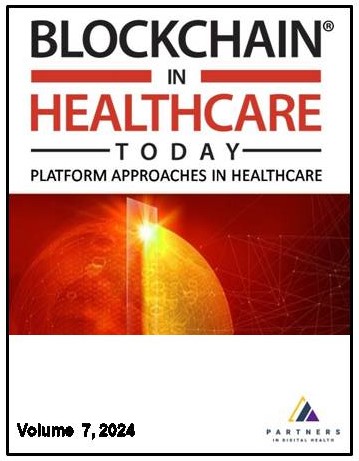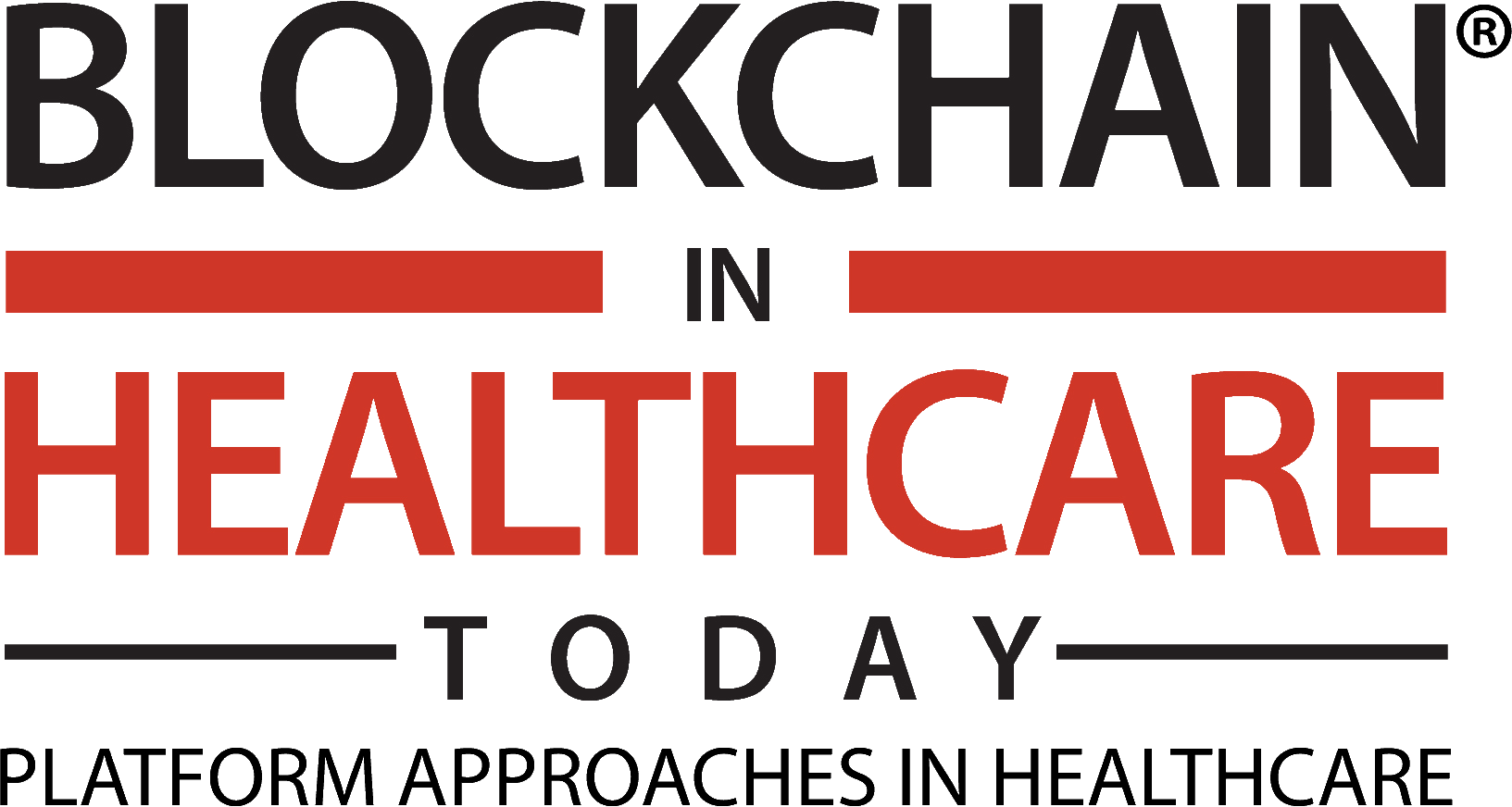Current issue

Volume 7, Issue 3, 2024
Online ISSN: 2573-8240
Volume 7 , Issue 3, (2024)
Published: 16.12.2024.
Open Access
Blockchain in Healthcare Today (BHTY) is the leading international open access journal that amplifies and disseminates platform approaches in healthcare and distributed ledger technology research and innovations. Fields of interest include healthcare information systems, leveraging data science tools and techniques, interoperability, consent mechanisms, privacy preservation, security of health data, clinical trials management, supply chain management, revenue cycle automation, immersive technologies, tokenomics, governance, regulation, network technologies, clinical computing, cryptography, and failed experiments in this expanding specialty field of research.
All issues
Contents
21.10.2022.
Original Research
Evaluation of Decentralized Verifiable Credentials to Authenticate Authorized Trading Partners and Verify Drug Provenance
Summary: In 2013, the Drug Supply Chain Security Act (DSCSA) was signed into law to address the growing threat of counterfeit drugs and to ensure prescription drugs remain safe and effective for patients. As part of this law, US pharmaceutical supply chain stakeholders are required to confirm the authorized status of trading partners for transactions and information disclosures, even when there is no prior business relationship. While larger Authorized Trading Partners (ATPs) have connectivity solutions in place, newer and smaller ATPs have not traditionally participated, including tens of thousands of dispensers. To unlock the full potential of the interoperable system mandated by the DSCSA, the authors tested eXtended ATP (XATP), a blockchain-backed framework for ATP authentication and enhanced verification in a real-world pharmacy with genuine drug packages. The objective of this research study was to prove that electronic authentication and enhanced verification can be achieved between ATPs using a mobile-based solution. Moreover, we tested accurate reading of drug and associated electronic med guides, flagging of expired and recalled drugs, and correct generation of documentation to support saleable returns. Methods: This study involved two dispensers and three participating manufacturers. Dispensers were onboarded to a mobile application and used supporting documentation to authenticate their identities, and then scanned 2D drug barcodes to submit drug verification requests to manufacturers (including 11 additional, randomly selected manufacturers). Genuine and synthetic drug package barcodes were used to test workflows against genuine and synthetic manufacturer serialization data records. Manufacturers authenticated the identity of requesting dispensers with verifiable credentials and responded to verification requests. Results: Enhanced drug verification was achieved, with 100% of requests successfully delivered to participating manufacturers and 88% of requests being delivered to other manufacturers (based on the pharmacist selection of random packages from the pharmacy). Drug verification matching against synthetic serialization data records resulted in 86% accuracy, with the 14% error rate attributed to human factors. All barcodes were successfully scanned and provided package-accurate data, and 97% of randomly selected packages successfully generated drug package inserts. All synthetic recalls and expired drugs were successfully flagged. Four of the manufacturers contacted were among the top 15 pharmaceutical manufacturers globally; all four responded. Conclusions: The XATP framework provides a secure, reliable, and seamless remote method to conduct enhanced verification as required by law. Interoperability between manufacturers and dispensers with no prior business relationship can be achieved on ‘day zero’ using mobile devices that enable digital authentication and rapid barcode scanning. As users retain control of their own private keys, the framework also mitigates the single-point-of-attack risks associated with centrally managed systems.
Ghada L. Ashkar, Kalpan s. Patel, Josenor De Jesus, Nikkhil Vinnakota, Natalie Helms, Will Jack, William Chien, Ben Taylor
